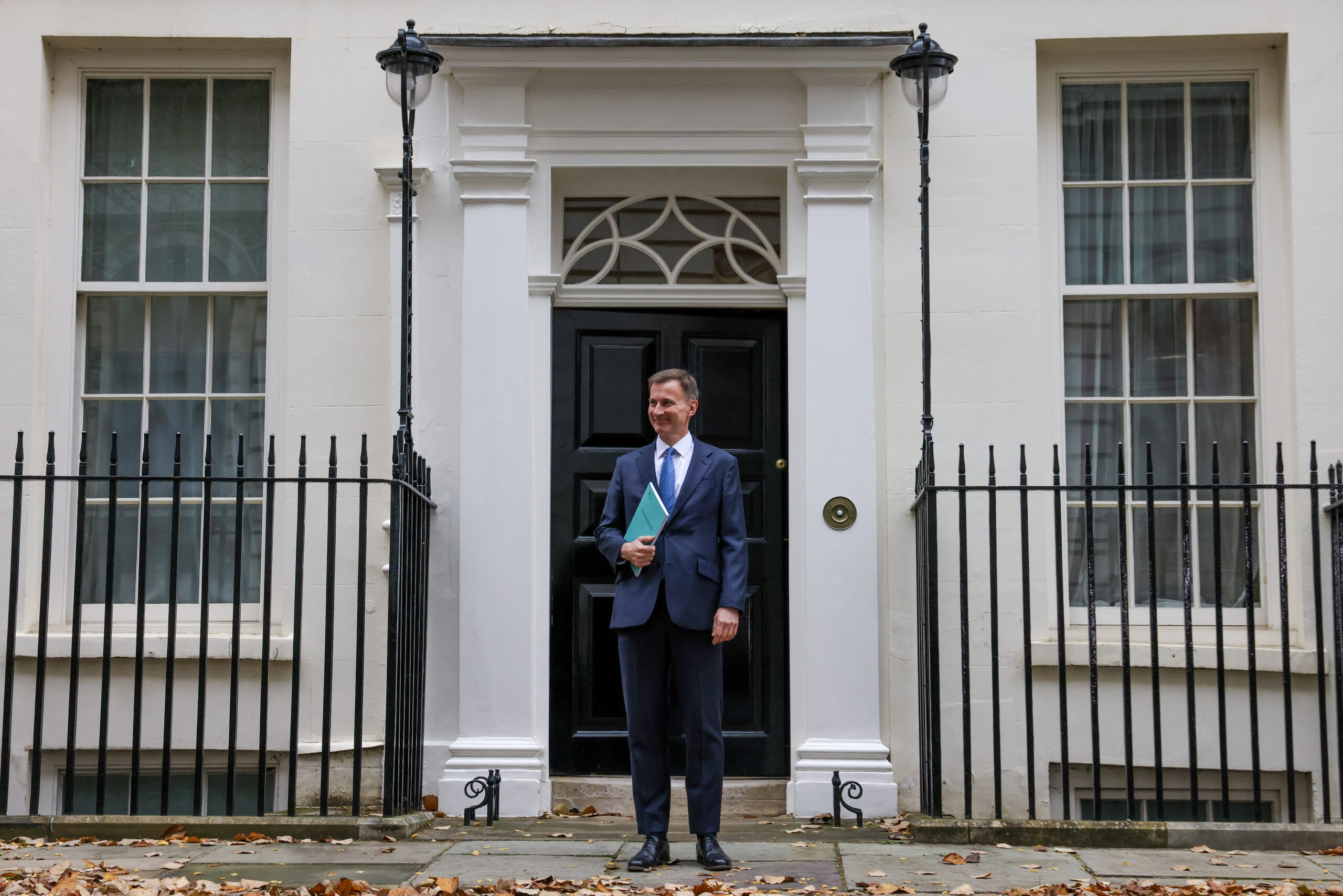Amongst the theatrical showmanship that characterises UK fiscal events TaxWatch pulls out a few of the more interesting announcements made in today’s Autumn Statement.
- ‘Full expensing’ made permanent – 100% Corporation Tax (CT) relief for plant and machinery investment to continue
- Previously proposed changes to R&D tax relief regime confirmed
- Government to consult on more generous reliefs under new Audio Visual Expenditure Credits (AVECs)
- OECD Pillar 2 rules to be implemented from 2025
- Employee and self-employed NICs rates reduced
- Little investment in HMRC capacity
Business taxation:
Many of the announcements focus around promoting investment by businesses.
Trailed extensively in recent weeks, ‘full expensing’ which accelerates the availability of CT relief for plant and machinery (P&M) expenditure will continue indefinitely. When it was first announced back in March it was scheduled to expire in 2026, and its temporary nature was criticised given the lack of certainty it provided companies planning larger scale investment – creating an incentive to pull forward existing investment rather than additional spending. Most companies’ P&M expenditure will be within the Annual Investment Allowance of £1m, so already qualifying for immediate relief, so the beneficiaries of the temporary scheme, and today’s announcement that it will be permanent, are the largest investing companies. Full expensing represents another form of capital allowances to the already cluttered system of reliefs for capital expenditure so it is good to see that the government intends to consult on options to simplify the capital allowances system in 2024.
A favourite of fiscal events, R&D relief changes have been confirmed with the original schemes being merged into the previous regime designed for large businesses. However, a more generous separate, more generous sub-scheme for SME ‘R&D intensive’ businesses will continue (so there are still two regimes, with the compliance issues that entails). Overall this adds to the ongoing issues with R&D reliefs meriting a separate analysis which will follow shortly .
Investment in the creative industries is another favourite topic of governments. Back in March’s Spring Budget the Chancellor announced the merging of existing reliefs to support the creative industries including film and video games sectors, with a new Audio Visual Expenditure Credit (AVEC)Today the Chancellor announced plans to consult on more generous reliefs for visual effects expenditure within the new AVEC. TaxWatch has written in the past about video games and film businesses that benefit from these reliefs but don’t appear to pay much in corporation tax from profits made so it will be interesting to see if that forms any part of the consultation.
The government has also confirmed introduction of legislation related to the OECD Pillar 2 rules from 2025 which will affect MNEs and aims to reduce international profit shifting.
Taxes on employment:
Reductions in main National Insurance Contribution rates for both the self-employed (9% to 8%) and employed (12% to 10%) were the main headline grabbing measures of the package, with most direct relevance to the electorate. In tax policy terms they could be argued to marginally reduce the incentive for employees to claim self-employment status but in reality the difference is probably not large enough to have an effect. However, the introduction of the rate change for employees from 6 January 2024 will require employers to secure rapid payroll software changes alongside HMRC software updates in just 7 weeks, shortly after the Christmas and New Year break. As is so often the case, the logistics and costs of such changes for both sides appear not to have been underappreciated compared to other considerations when the package of measures was being finalised.
With his simplification hat on, the chancellor has marginally improved the NICs regime by removing the flat rate Class 2 rate paid by the self-employed.
Compliance and HMRC administration capacity:
As referred to above, many of the big announcements in the Autumn Statement create additional complexities for HMRC, but no additional resources have been provided for either HMRC’s compliance or customer service functions. This is particularly concerning given the issues raised in our State of Tax Administration report last month.
The one positive is additional resources for HMRC’s debt management capacity but this reflects the currently very high outstanding debt balance.
Of particular concern to TaxWatch would be there are no additional powers or resources for HMRC to tackle issues arising from tax promoter and advisers who seek to exploit taxpayers and the complexity of the UK’s fiscal regime.
In conclusion the Autumn Statement 2023 was designed to get headlines for bold action. But if HMRC are not being resourced to efficiently administer the system as a whole, including the modifications made or mentioned today then that’s clearly going to cause problems for the public finances and the economy overall.



